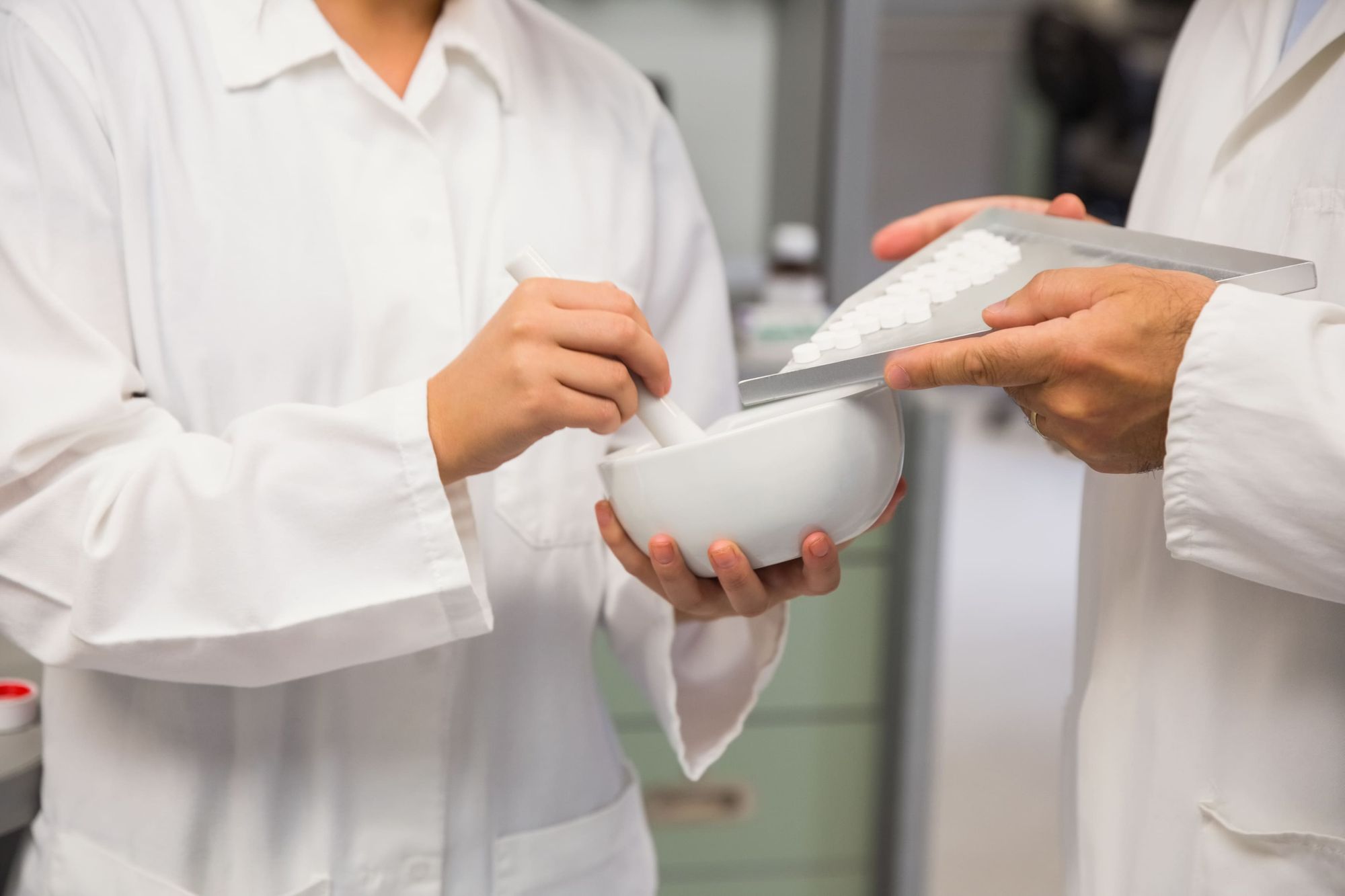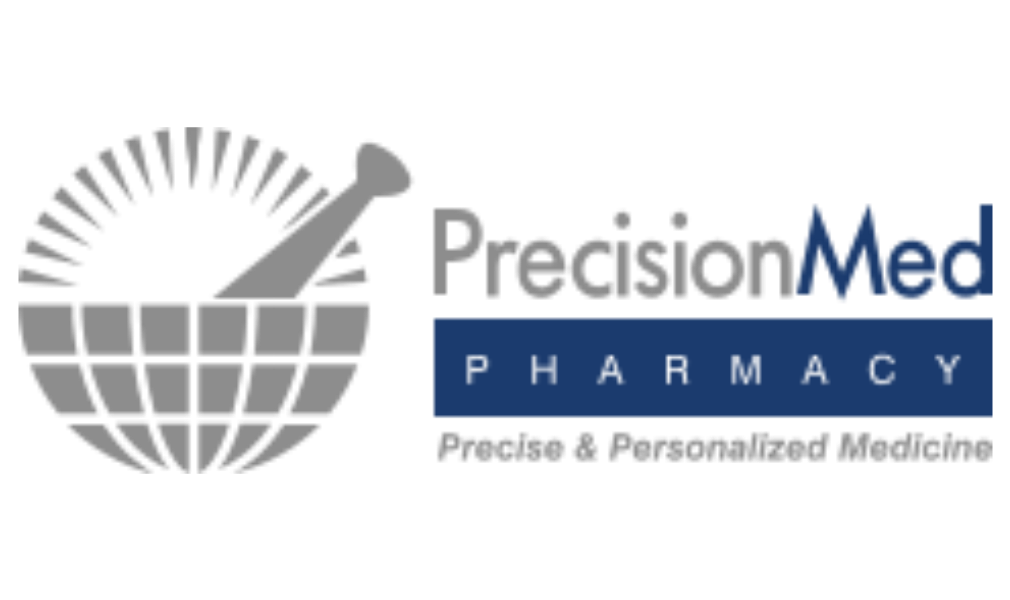Compounding

What is compounding?
Compounding combines an ageless art with the latest medical knowledge and state-of-the-art technology, allowing specially trained professionals to prepare customized medications to meet each patient’s specific needs. Compounding is fundamental to the profession of pharmacy and was a standard means of providing prescription medications before drugs began to be produced in mass quantities by pharmaceutical manufacturers. The demand for professional compounding has increased as healthcare professionals and patients realize that the limited number of strengths and dosage forms that are commercially available do not meet the needs of many patients, and that these patients often have a better response to a customized dosage form that is “just what the doctor ordered”.
There are many reasons why pharmacists are required to compound medications. A few are listed below:
- Creating patient-specific dosages
- Combining multiple medications into a single usable drug
- Changing the dosage form to what is available. For example, making a suspension form for a patient that has difficulty swallowing tablets.
- Developing allergy-free formulations
Common dosage forms include capsules, creams, gels, lotions, ointments, liquid formulations, lollipops, lozenges, mouthwashes, and suppositories.
Compounding specialties:
